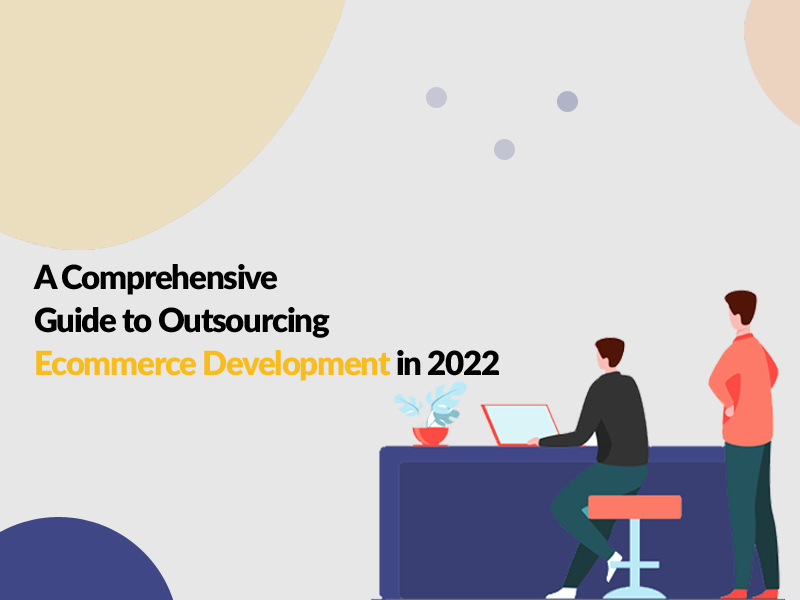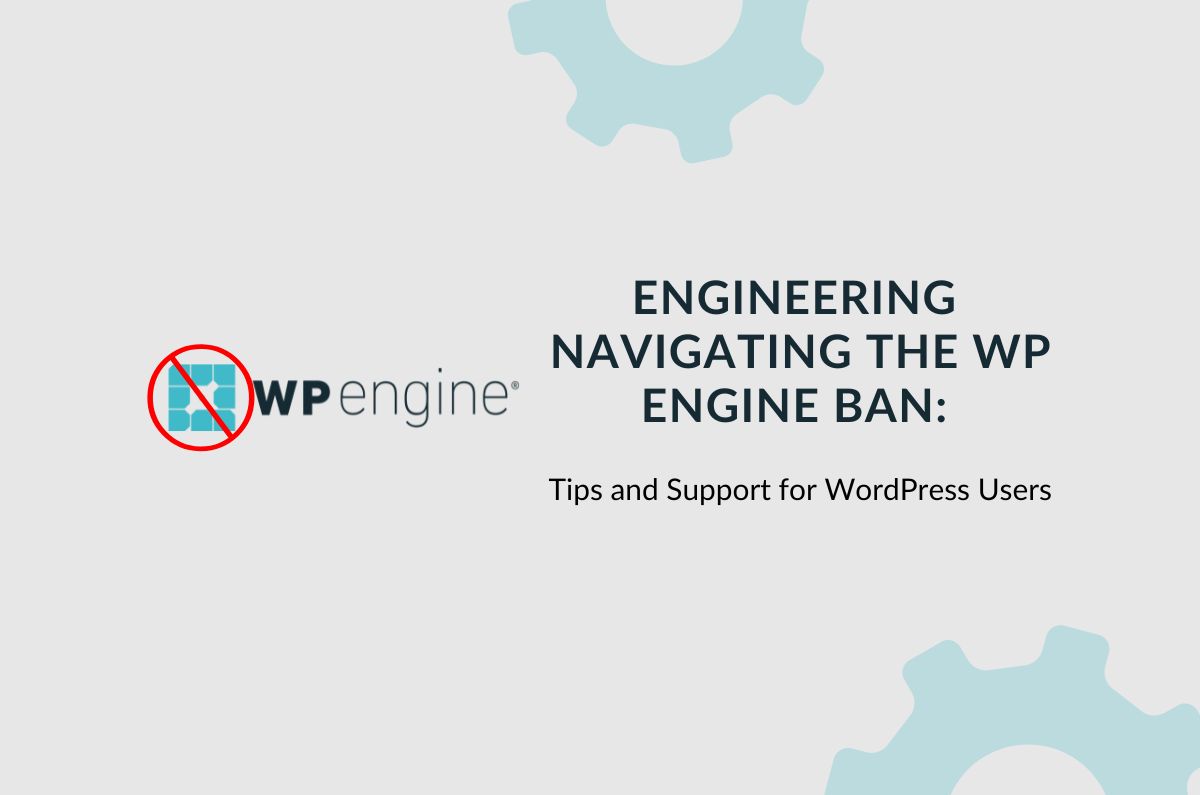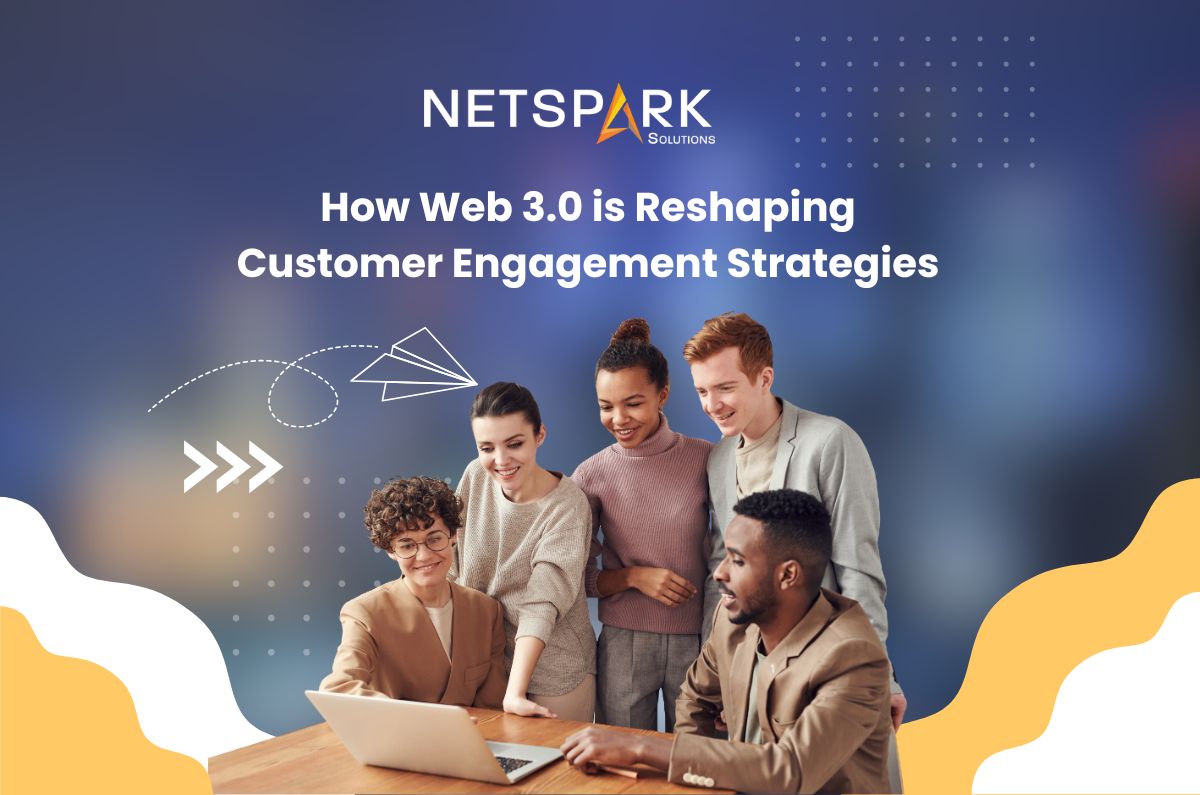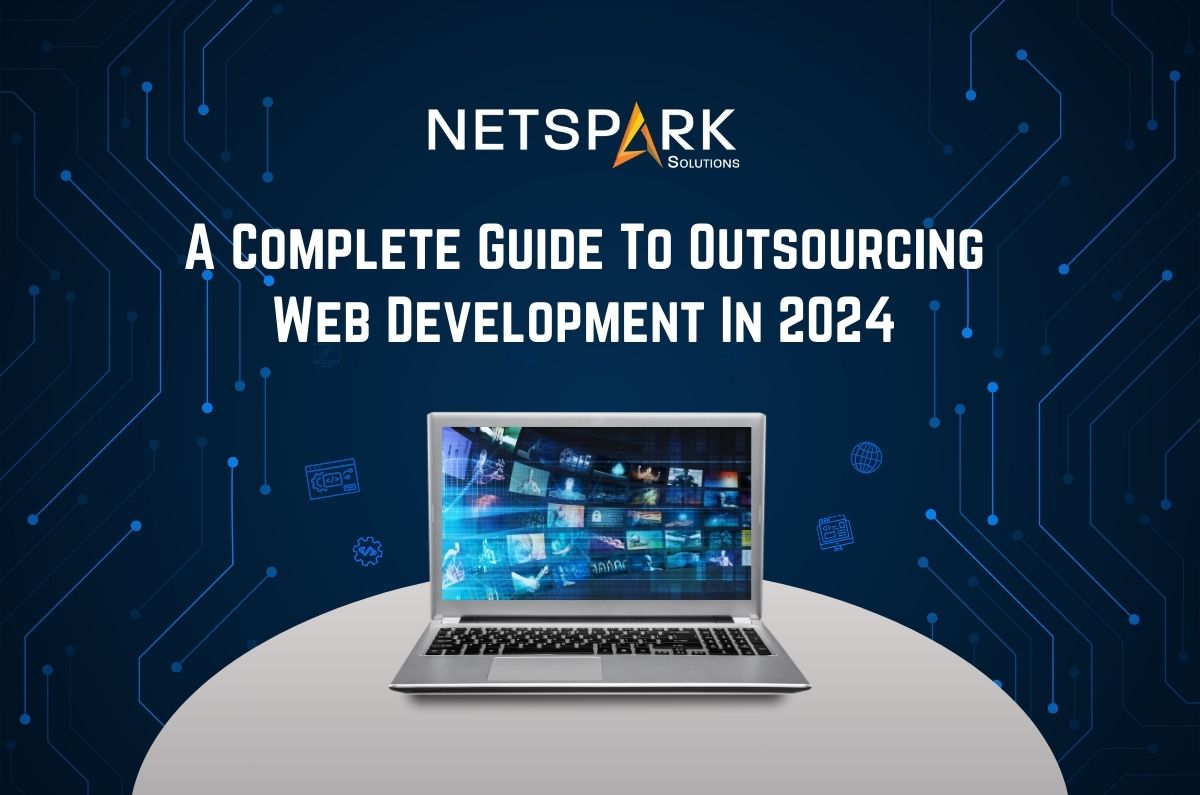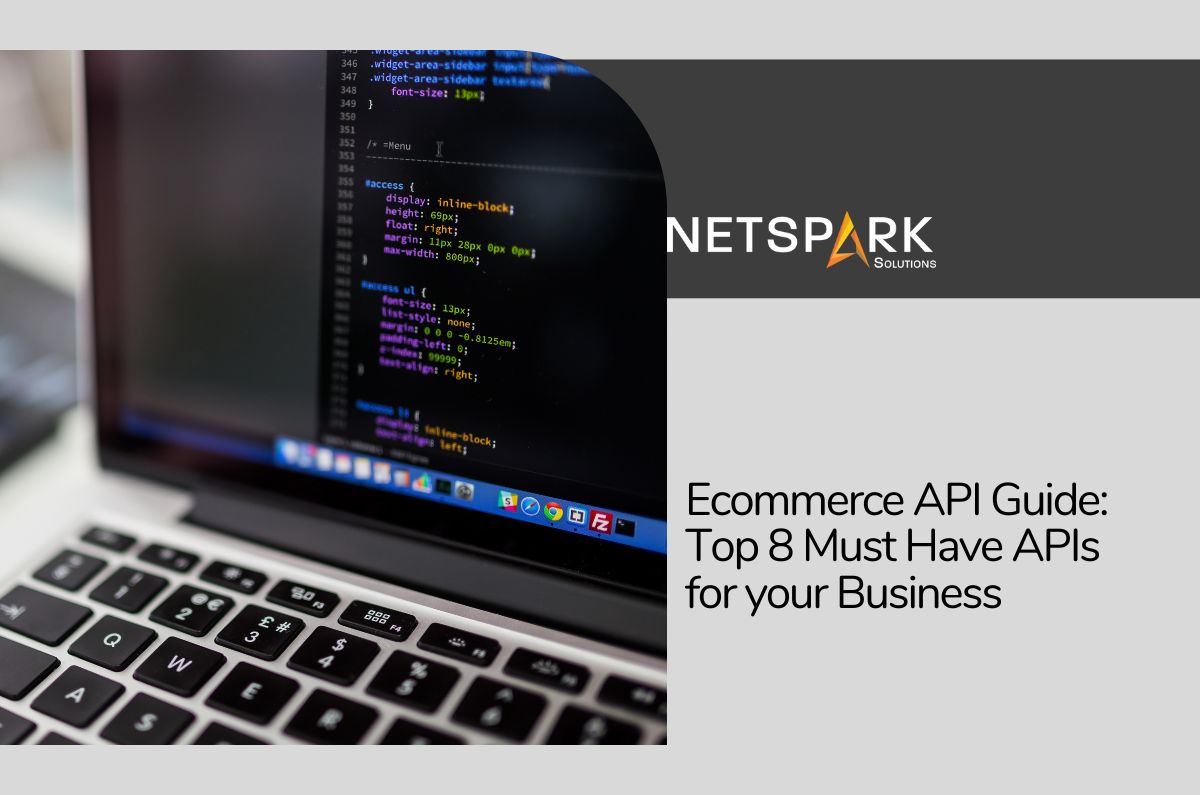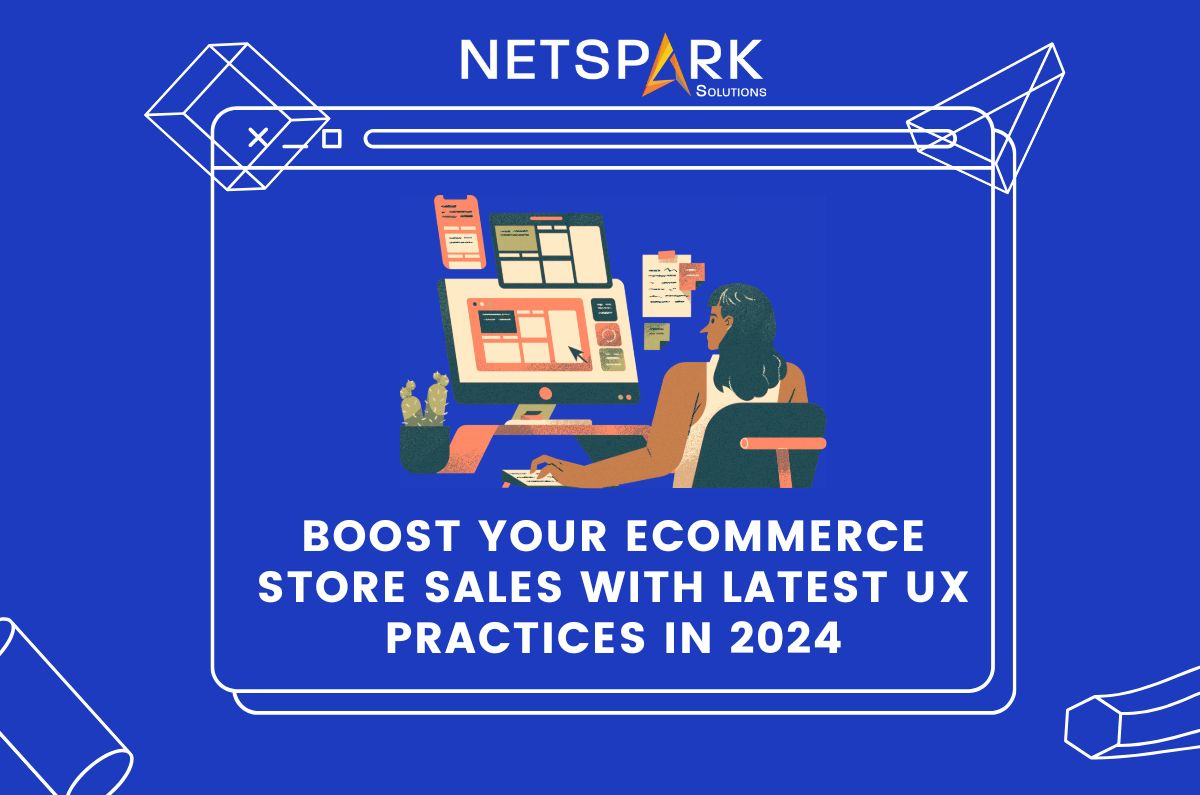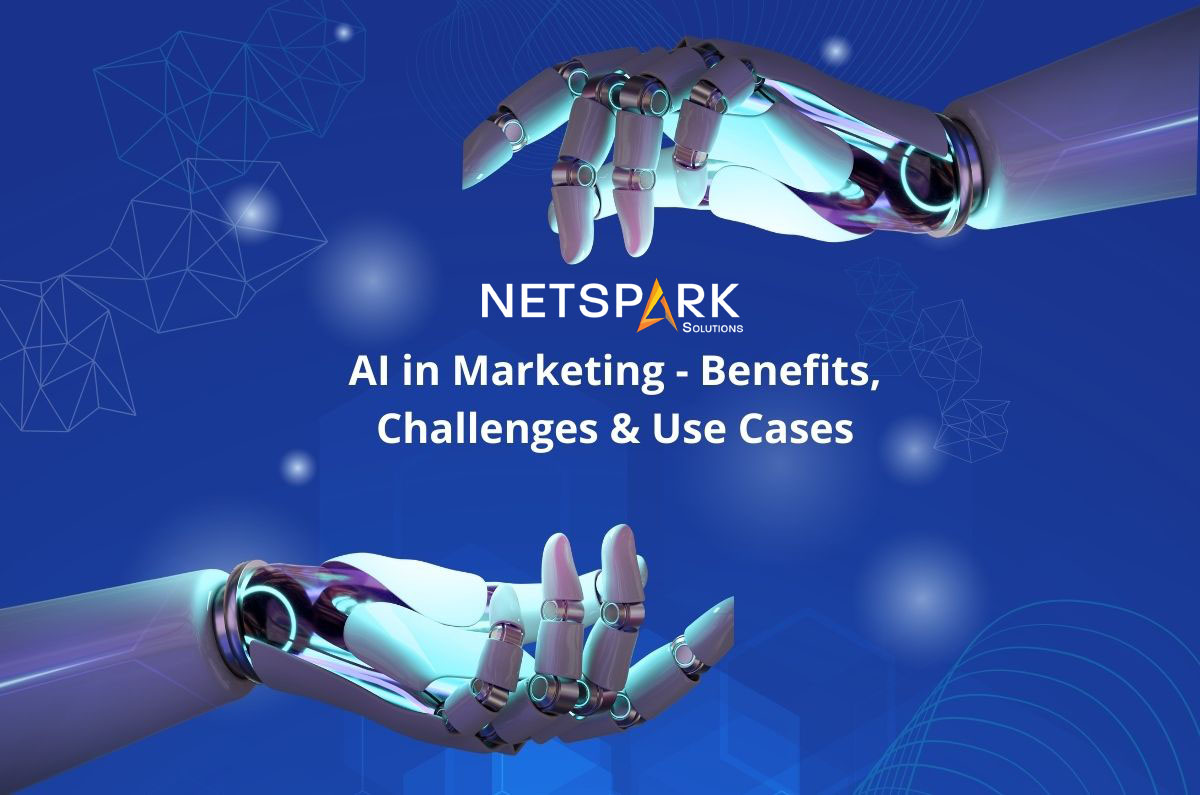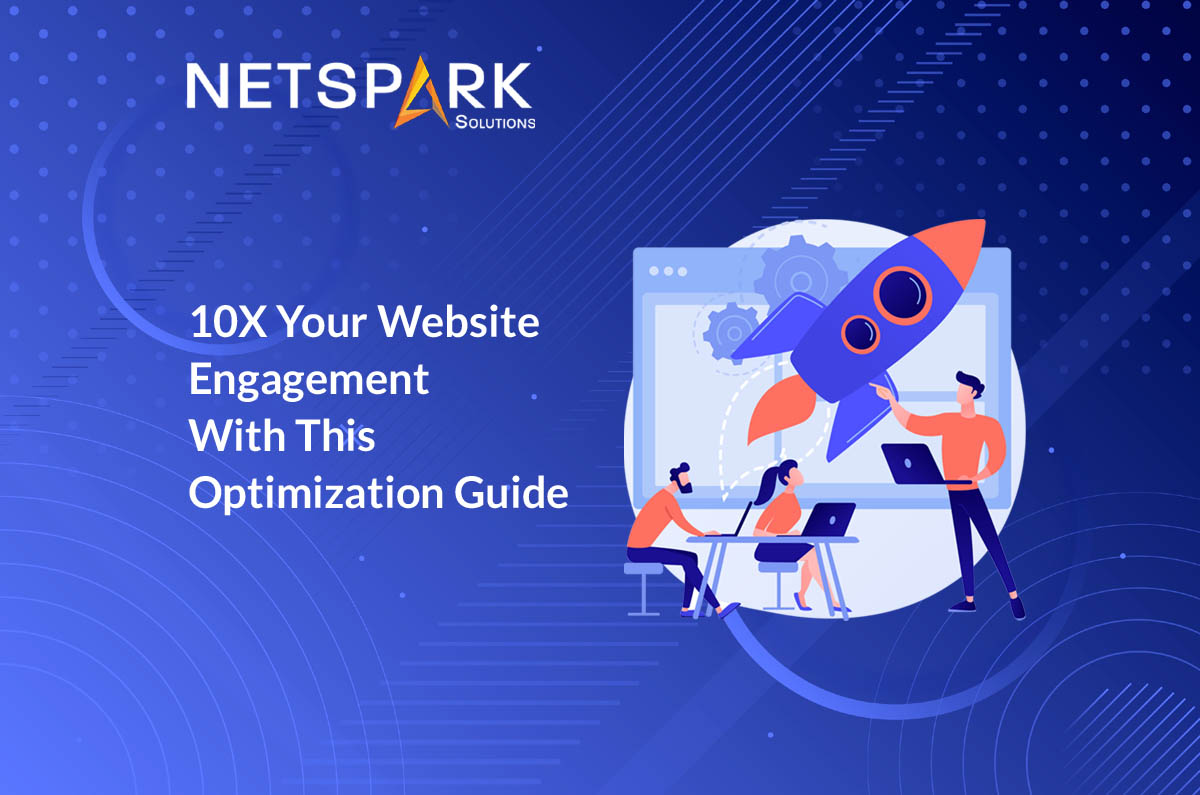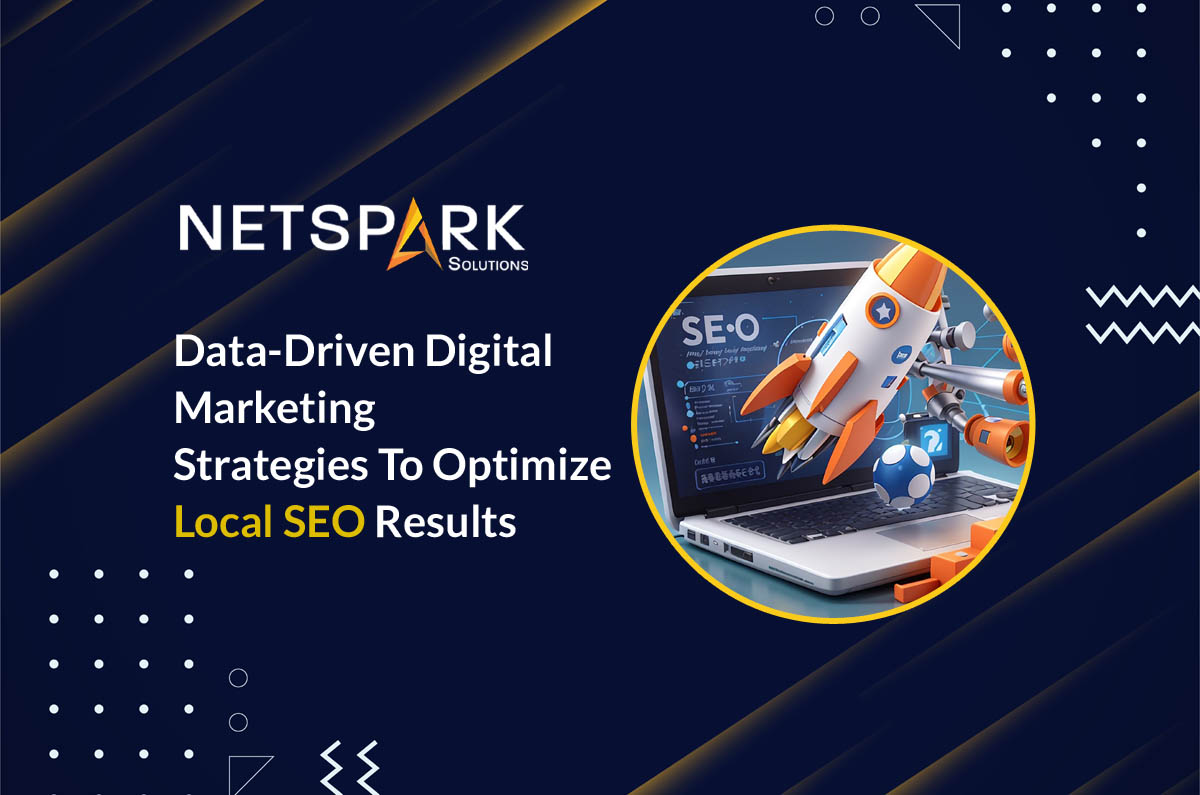The COVID-19 pandemic has drastically propelled the growth of ecommerce businesses. In the past two years, ecommerce sales have significantly gone up, so much so that by the end of 2023, the global online retail sales are projected to reach $6.17 trillion with 22.3% of all retail sales coming from ecommerce websites. This makes it imperative for global retailers to embrace the offline-to-online transition and launch a custom online store to put their brand in the digital ecommerce landscape.
Having an online store will not only result in better sales opportunities, but it’ll also help you expand your business boundaries and reach a wider audience.
In saying that, however, launching a successful ecommerce business is no cakewalk. You might be surprised to know that 90% of all ecommerce startups end up failing within the first 120 days. Due to fierce competition in the industry, it’s always challenging for ecommerce startups to establish their brand presence and attract potential leads.
So, what can retailers do to avoid this pitfall and create a successful ecommerce brand? The answer is hiring the right development partner for the job.
Despite the availability of many ready-to-launch ecommerce platforms, it’s always a good strategy to hire expert ecommerce developers to build a custom ecommerce store for your brand. Why? Because developers are experienced in crafting personalized ecommerce stores that deliver a remarkable shopping experience to the customers. A development team will analyze your business requirements and then devise a custom ecommerce store accordingly, resulting in better customer retention.
So, in today’s guide, we are going to pen down different factors you must consider while outsourcing ecommerce development to a third-party development team. By the end of this guide, you’ll have a list of all the golden rules that’ll help you compare different service providers and choose the right development partner for your business.
So, without any further ado, let’s get started.
Benefits of Outsourcing Ecommerce Website Development
Now, before we dive deeper into the process of hiring ecommerce developers, let’s first understand why it’s more advantageous to choose an outsourcing partner for the job. When it comes to launching an online store, you can either hire an in-house development team or outsource the task to third-party ecommerce developers.
Among ecommerce entrepreneurs, the latter is a more reliable option, mainly due to lower development costs. However, price isn’t the only reason why you should choose outsourcing over executing in-house development.
Here are some of the additional factors that describe the benefits of outsourcing ecommerce development.
- Implementation of Latest Development Trends and Technologies
Launching an ecommerce store without any technical expertise will put your business behind the curve. Of course, you’ll have a working store that’ll be capable of processing the transactions, but it might not be able to deliver the desired shopping experience. That’s where the expertise of a professional ecommerce development team comes into play.
A professional development team not only utilizes a modern-day tech stack but implements the latest development practices to build a sales-driven online store. Since ecommerce developers are thoroughly familiar with the market, they know the tips and tricks to build ecommerce stores that drive sales.
- Faster Time-to-Market
As opposed to an in-house development team, third-party ecommerce developers rely on a time-tested approach while building online stores for their clients. This means they are capable of meeting tight deadlines and can help you launch your online stores without any unexpected delays. With an in-house development team, on the other hand, timely deployment of the product will always be a major concern.
- No Compromise With Security
For any ecommerce business, security is probably one of the major concerns. To run an ecommerce store, you need to integrate online payment support, which raises a wide variety of security threats. If you construct your ecommerce store by yourself, you’ll most likely leave many security loopholes uncovered that’ll make your online store the primary target for hackers.
But, when you hire expert ecommerce developers for the job, you can expect zero compromises with security. The developers will ensure to integrate secure payment gateways and implement other security mechanisms to safeguard your store from various security threats.
How to Find the Right Technical Partner for Your Online Store in 2022
So, now that we’ve clarified the advantages of outsourcing ecommerce development, let’s dive into the factors you must consider while looking for an ecommerce development partner for the job.
Keep in mind that each ecommerce web development team will bring something different to the table. The idea is to look for developers who have the required expertise to assist you throughout the offline-to-online transition and build a custom ecommerce store for your brand.
Here are a few rules that’ll help you compare different service providers and make the right decision accordingly.
1. Define Your Project Requirements
Before you go looking for an ecommerce development team, make sure to identify your project requirements clearly. This will help you narrow down your list more effectively and avoid wasting your time on non-reliable technical partners. While penning down your project requirements, you should:
- Define the key features you want to integrate into your online store
- The budget you are willing to spend on development
- Define the expected deadline for product deployment
- The marketing budget you are going to spend post development
Having a clear vision of all these factors will help you sail in the right direction and filter out unnecessary proposals. As a result, you’ll be able to spend your time comparing the USPs of the most skilled candidates.
2. Analyze Company’s Portfolio
Going through a development team’s portfolio will give you an insight into their expertise and past work. This will help you identify if the developers are as good as they claim to be. The majority of ecommerce web development companies share their portfolio page on their website itself.
So, all you’ll have to do is go to the portfolio page and check the previous projects the development team has worked on in the past. The idea is to look for developers who have worked on similar ecommerce stores in the past. This way you can stay assured that the developers will be able to meet your specific business objectives.
3. Expertise in Ecommerce Platform
If you have conducted any market research, you may already know that there are dozens of ecommerce platforms that one can use to build their online store. Each of these ecommerce platforms offers different functionality and sets of features.
For instance, Magento is an open-source ecommerce platform that offers complete customization support whereas Shopify is a ready-to-launch ecommerce builder with limited customization support.
When you are looking for an ecommerce development company, you would want to priortize developers who have expertise in your preferred ecommerce platform.
For instance, if you want to launch a large-scale ecommerce store with extensive functionality, it would be better to look for ecommerce developers with expertise in Magento. Similarly, if you want to launch a feature-packed store with limited products, you should look for developers with proficiency in Shopify development.
4. Time-to-Market
Time to market can be defined as the entire time frame from the conceptualization of a product to its final release into the market. As an ecommerce entrepreneur, you would want the time-to-market to be as low as possible.
So, look for development teams who have the expertise in meeting deadlines without compromising the product quality whatsoever. While interviewing different service providers, ask for the practices they follow to ensure on-time delivery of a product.
While you are at it, you can also ask for previous client details and get in touch with them to validate if the developers were able to launch their online stores on time or not.
5. Post-Development Support
Post-development support is an essential factor you must look for in an ecommerce development partner. While many business owners believe launching the product is the end of the development cycle, that’s not true at all.
Once you have launched your ecommerce store into the market, the next step would be to monitor its performance and customer feedback. Why? Because this will help you identify how your potential customers are interacting with the website.
Based on the customer interaction, you’ll then have to make the required changes so that your online store delivers an engaging shopping experience to the customers. So, make sure to look for ecommerce developers who offer post-development support.
Conclusion
We’re living in a tech-savvy era and technology has already seeped into many aspects of our daily life – including shopping. As a retailer, it’s your responsibility to leave behind the conventional brick-and-mortar business model and launch an online shop to attract better sales opportunities and generate a higher revenue. To do this, you’ll have to look for a reliable tech partner with expertise in different ecommerce platforms. The above-mentioned factors will help you compare different service providers and hire the best ecommerce development company for your brand.

